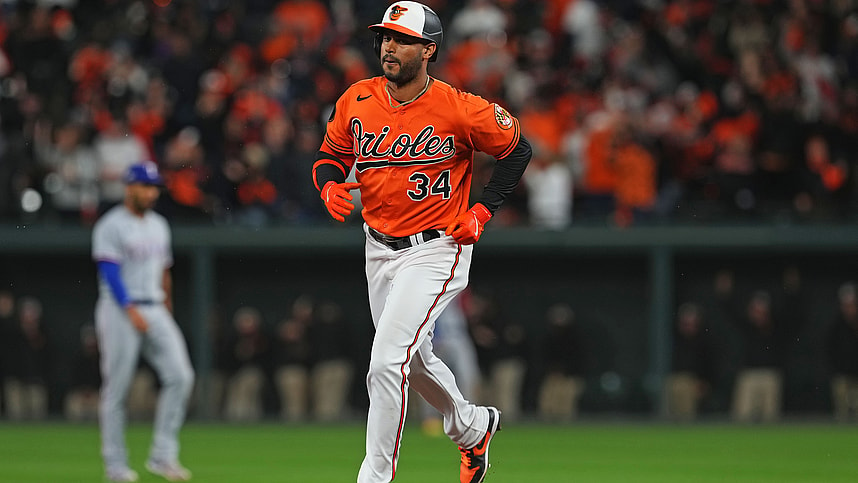
When the New York Yankees committed to a seven-year, $70 million contract with outfielder Aaron Hicks, they envisioned him as a long-term asset for the team. Hicks, once known for his potential and consistency, seemed like a solid investment. However, a series of injuries and mounting pressure from fans led to a decline in his performance with the Yankees.
Hicks’ Struggle and Resurgence
Hicks’ tenure with the Yankees reached a tipping point in 2023. Limited to just 28 games, his performance drastically fell, resulting in a .188/.263/.261 batting line and a disappointing 49 wRC+. His struggles led to the Yankees designating him for assignment. But a move to the Baltimore Orioles marked a turning point.
In 65 games with Baltimore, Hicks improved significantly, hitting .275/.381/.425, including seven home runs and 31 RBIs. This turnaround highlighted the impact a change of scenery can have on a player’s performance.
Now 34, Hicks continues to demonstrate his value, albeit away from the pressures of playing for the Yankees. Despite his departure, the Yankees are still obligated to pay him $19 million in luxury tax salary over the next two seasons.
Hicks’ New Chapter with the Angels
Preparing for a fresh start, Hicks has agreed to sign a one-year deal with the Los Angeles Angels, aiming to strengthen their outfield. His journey reflects the unpredictable nature of long-term contracts in baseball and the challenges players face in adapting to different team environments.
- Yankees add versatility to the mix with Zack Short MiLB signing
- The Yankees’ perfect trade target that nobody is talking about
- The Yankees can either drop $150 million on Tatsuya Imai or hit the trade market
Yankees’ Contractual Challenges
The Yankees are currently managing several significant contracts that impact their financial flexibility. Giancarlo Stanton’s contract is notable, and they are also committed to paying Josh Donaldson $6 million on his vesting option for the 2024 season.
These contractual obligations have influenced General Manager Brian Cashman’s approach to the free-agent market. Cashman’s cautious stance, particularly in the wake of potential deals like pursuing Blake Snell, is shaped by a desire to avoid repeating past mistakes and ensure sustainable financial management for the team’s future.
More about: New York Yankees